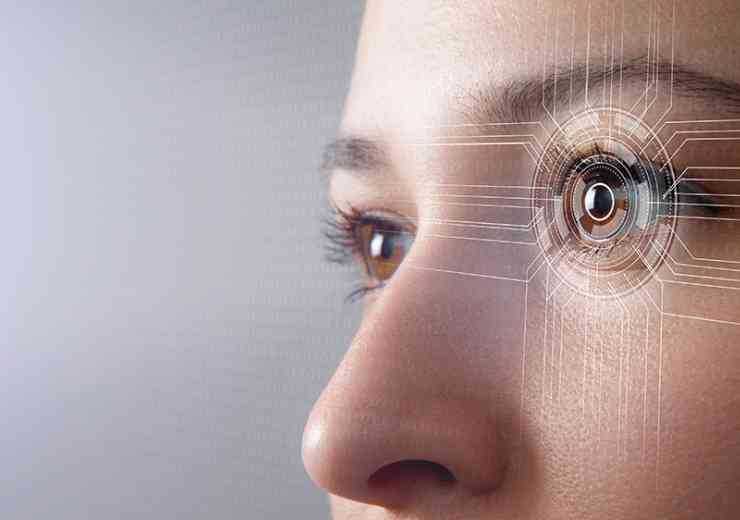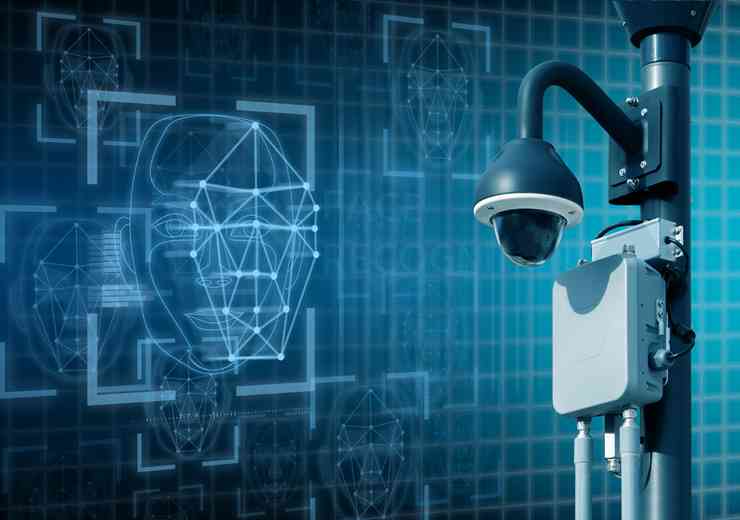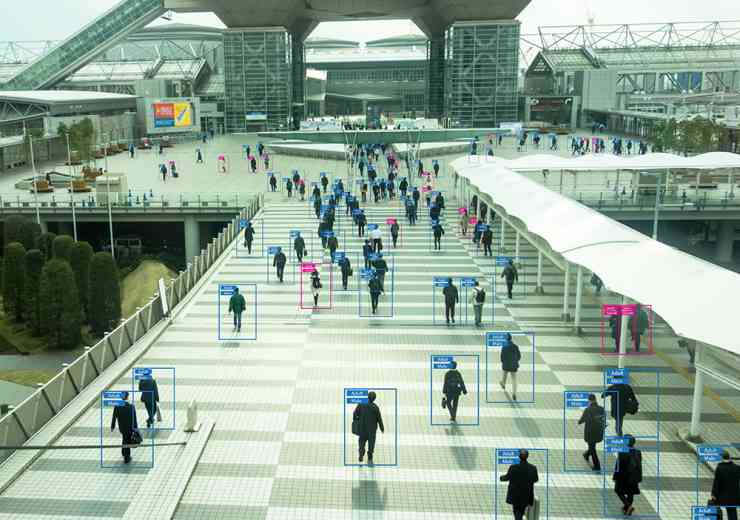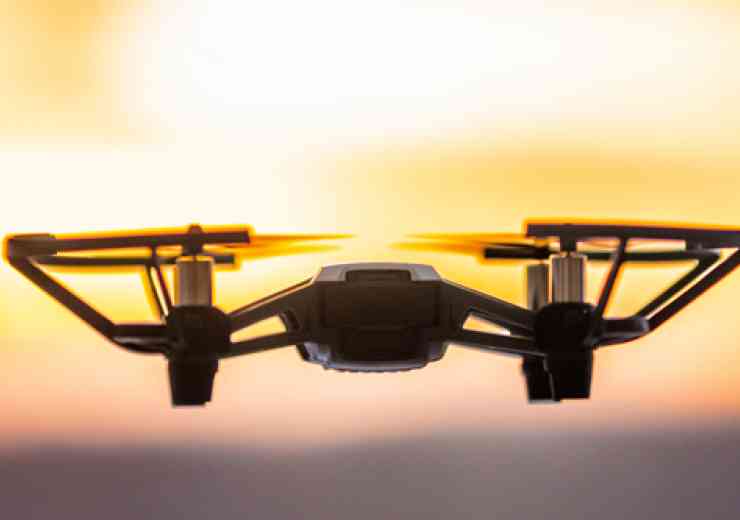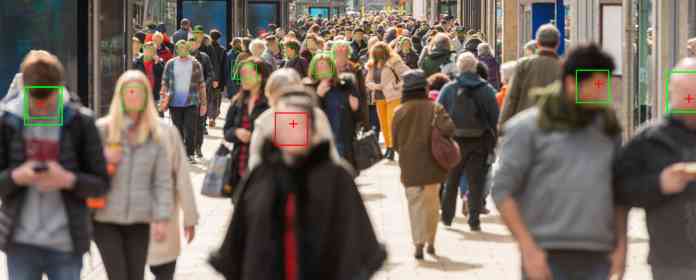
Using facial recognition to fight crime
Policing minister Chris Philp recently announced at the Conservative Party conference that he wanted police officers to have access to a wider range of databases outside of those on the national database, which only includes people who have already been arrested The announcement could mean police having access to passport photos to use for facial recognition in an attempt to fight crime. Philp said: “I’m going to be asking police forces to search all of those databases — the police national database, which has custody images, but also other databases like the passport database.” The Home Office said that facial recognition has already been used to help catch criminals.
A Home Office spokesperson told the BBC that facial recognition has already been used to help catch criminals and that the technology could also be used to help search for missing or vulnerable people.
A spokesperson said: “Facial recognition, including live facial recognition, has a sound legal basis that has been confirmed by the courts and has already enabled a large number of serious criminals to be caught, including for murder and sexual offences.”
Criticism
However, these plans have been widely criticised. Biometrics and surveillance camera commissioner Professor Fraser Sampson has said that the plans risk damaging public trust.
Professor Sampson told the BBC: “The state has large collections of good quality photographs of a significant proportion of the population - drivers and passport holders being good examples - which were originally required and given as a condition of, say, driving and international travel,” he said. “If the state routinely runs every photograph against every picture of every suspected incident of crime simply because it can, there is a significant risk of disproportionality and of damaging public trust.”
A group of 65 parliamentarians and 31 rights and race equality organisations have called for an urgent stop to the use of facial recognition surveillance by the police and private companies. Signatories to the statement include David Davis, Diane Abbott, Christine Jardine, Ed Davey and Caroline Lucas. The statement says: “The signatories to this call are rights organisations, race equality organisations, technology experts, and parliamentarians. “We hold differing views about live facial recognition surveillance, ranging from serious concerns about its incompatibility with human rights, to the potential for discriminatory impact, the lack of safeguards, the lack of an evidence base, an unproven case of necessity or proportionality, the lack of a sufficient legal basis, the lack of parliamentary consideration, and the lack of a democratic mandate.
“However, all of these views lead us to the same following conclusion: “We call on UK police and private companies to immediately stop using live facial recognition for public surveillance.” Silkie Carlo, director of Big Brother Watch, said: “This important call from MPs to urgently stop live facial recognition represents the greatest involvement parliamentarians have ever had in Britain’s approach to facial recognition surveillance. “With the Government now planning to turn all of our passport photos into mugshots for facial recognition scanning, yet again absent any democratic scrutiny, this intervention could not come at a more important time.
This dangerously authoritarian technology has the potential to turn populations into walking ID cards in a constant police line up. “The UK’s reckless approach to face surveillance makes us a total outlier in the democratic world, especially against the backdrop of the EU’s proposed ban. “As hosts of the AI summit in autumn, the UK should show leadership in adopting new technologies in a rights-respecting way, rather than a way that mirrors the dystopian surveillance practices of Saudi Arabia and China. There must be an urgent stop to live facial recognition, parliamentary scrutiny and a much wider democratic debate before we introduce such a privacy-altering technology to British life.”
Legislation and bans
The EU is considering a ban on AI-powered facial recognition surveillance under the new AI act and other jurisdictions around the world have already banned it. In September, 120 civil society organisations and 60 experts called for a global stop to facial recognition surveillance. Ella Jakubowska, senior policy advisor at European Digital Rights (EDRi) said: “With the upcoming Artificial Intelligence Act, the European Union has the chance to become a world leader in protecting people from public facial recognition and other biometric surveillance. European Parliamentarians have spoken loud and clear in support of strong bans. “Worryingly, EU governments continue to push back, citing vague claims of ‘safety’ and ‘security’ without providing any objective evidence. They want an unlimited margin of discretion to subject our faces, our bodies and our communities to these dystopian uses of technology, despite a complete lack of democratic mandate.”
Use cases
South Wales Police have hit the headlines a few times for their use of facial recognition technology. Ahead of Harry Styles’ concerts in Cardiff on 20 and 21 June, fans were warned that they could be scanned by live facial recognition cameras deployed in the area by South Wales Police. The cameras were to be used to identify people wanted for priority offences. South Wales Police stated: “It’s being deployed specifically to seek out wanted individuals. Fully appreciate the concert has a young audience, however concert-goers won’t be the only people in the city centre during this time.”
At a Beyoncé concert earlier in the year, the force said the technology would be used “to support policing in the identification of persons wanted for priority offences… to support law enforcement… and to ensure the safeguarding of children and vulnerable persons”. South Wales Police have used the technology at previous events. Using the technology at a rugby match, 108,540 faces were scanned, resulting in the arrests of two people. South Wales Police has a LFR FAQ page on its website. It states: “The specific purpose for Live Facial Recognition deployment is: To support Policing in the identification of persons wanted for priority offences, to support law enforcement including the administration of justice (through arrest of persons wanted on warrant or unlawfully at large/recall to prison), and to ensure and promote the safeguarding of children and vulnerable persons at risk.”
The website also lists occasions where the force has used LFR, as well as the events already listed, the technology was utilised at Pride Cymru in August 2022 and Wales Airshow in July 2023. The website says: “Live Facial Recognition technology is used as an efficient and effective policing tactic to prevent and detect crime, and protect the most vulnerable in our society.”





